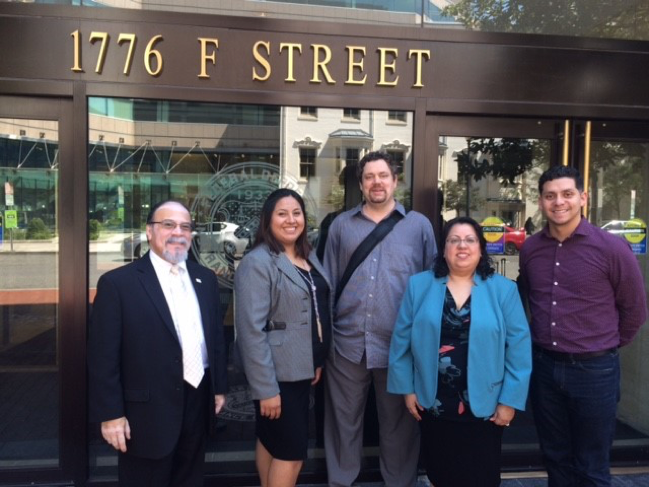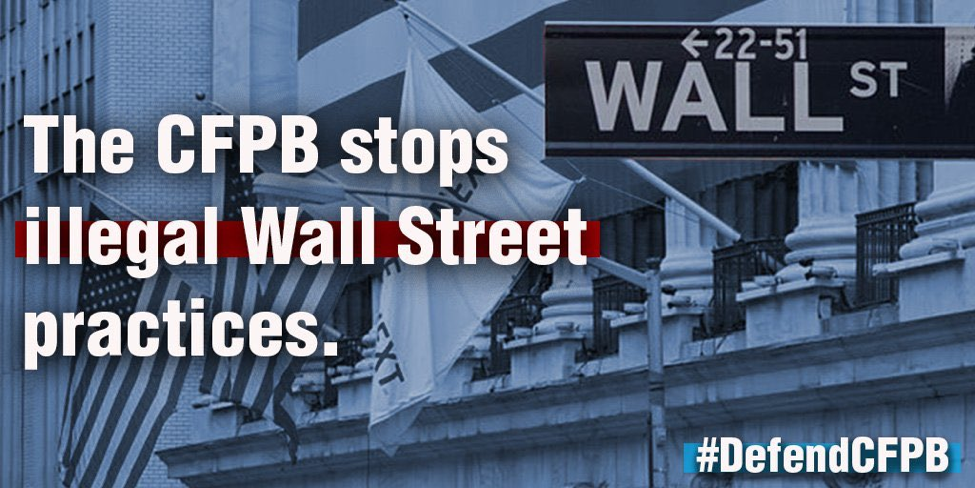Congress Strives to Undermine the Consumer Protections It Once Forged
By Nancy Wilberg Ricks, Senior Policy and Communications Strategist
The financial crisis united members of Congress to fight for families who lost their homes and watched their retirement savings vanish. Capitol Hill took up the cause and crossed the aisle with a bipartisan law to stall this runaway train. Today, leaders are targeting the very protections they created under the presumption that families are clear of financial danger.
This week, the House of Representatives made one of several attempts to erode consumer protections when it passed the “Bureau of Consumer Financial Protection Advisory Boards Act” (H.R. 1195). While the bill itself was fairly innocuous, an amendment was added at the last minute to reduce funding for the Consumer Financial Protection Bureau (CFPB).
Impairing the CFPB budget is harmful to consumers. It is the only agency wholly devoted to stopping predatory practices by bad market players. In response to the financial crisis, Congress deliberately designed the CFPB to be funded by nontaxpayer dollars, outside of appropriations and, therefore, political influence. The modest funds the CFPB receives and how it receives them are essential to its success when regulating billion-dollar financial institutions.
Since its creation in 2011, the CFPB has made vast improvements to the financial system for consumers. It has worked hard to ensure that Latino families are finally considered in financial policy decisions and that they have recourse when targeted by bad actors. In addition to putting crucial new rules in place to prevent abuses that were at the heart of the financial crisis, it takes on predatory practices that cost vulnerable consumers billions of dollars every year, such as payday lending. CFPB actions have also resulted in firms returning more than $5.3 billion to more than 15 million consumers harmed by bad players.
The consequences will be perilous for families if Congress continues to occupy its time with undoing consumer protections. It should instead build on the successes of the CFPB and take a more constructive tack to make sure families’ needs are met and their consumer rights are protected.


